Keywords: Society Of Jesus
There are more than 200 results, only the first 200 are displayed here.
-

AUSTRALIA
- Andrew Hamilton
- 13 March 2024
In the face of developments where the commons are intruded upon for private profit and economic efficiency, we need to treasure such unfashionable concepts as the commonwealth, the common good and the houses of commons – the places for deliberation and decision where what is in the common interest is given priority over the benefit of the few.
READ MORE
-

AUSTRALIA
- Andrew Hamilton
- 20 February 2024
In an individualistic culture, Lent could be seen as an individual practice of self-betterment. Historically, however, it was a communal activity designed to make the community more attentive and aware of those around them and of their world.
READ MORE
-

INTERNATIONAL
- Gerard Windsor
- 16 February 2024
1 Comment
Casamari, my destination for the night, was fifteen kilometres more walking. The signs pointed off the road, but I must have missed one. By this time, I had wandered too far to simply retrace my steps. I was lost. To be on this walk is to convince you that Italy is composed entirely of mountains.
READ MORE 
-
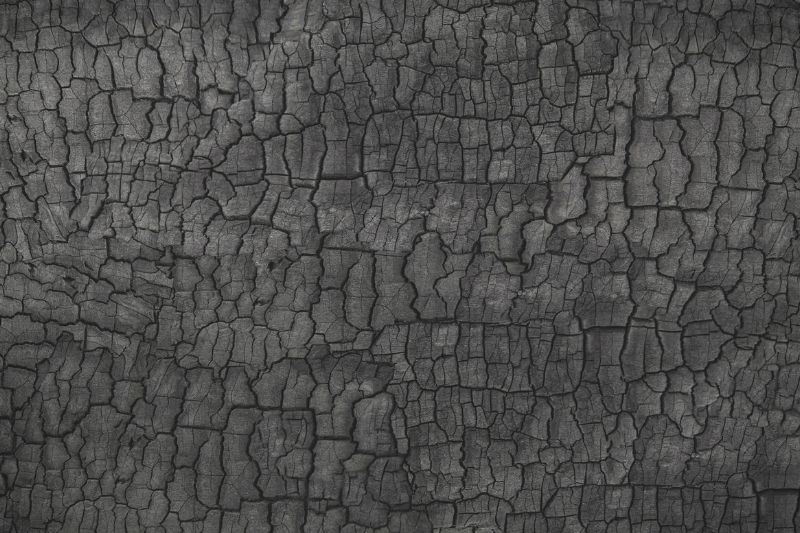
RELIGION
- Andrew Hamilton
- 13 February 2024
5 Comments
In a world grappling with war, inequality, and environmental devastation, can a celebration of sacrifice offer hope? For a secular Australia, the relevance of Lent may lie in bridging the gap between a seemingly dehumanizing act and the profound belief in the preciousness of human life. Can this paradoxical notion inspire action to heal the wounds of our world?
READ MORE
-
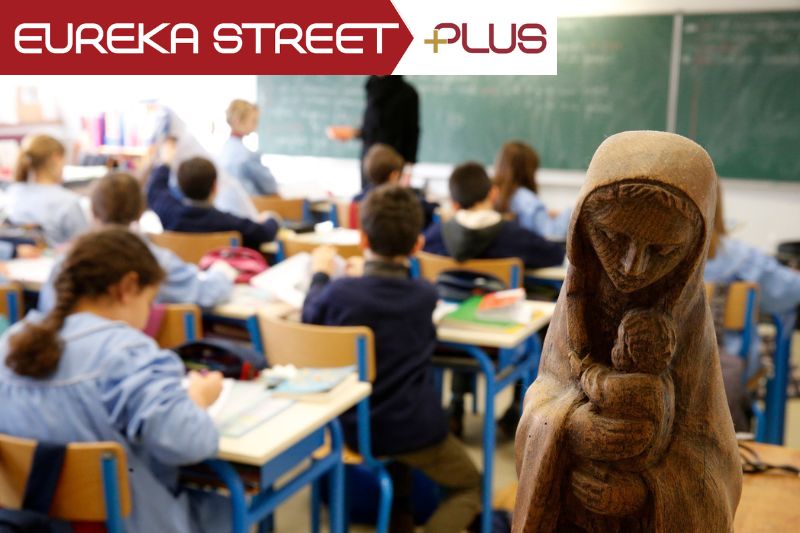
RELIGION
- Ann Rennie, Bernadette Mercieca
- 09 February 2024
5 Comments
Today, the claims of Christianity are no longer common knowledge among a Catholic student cohort that comes from many faith traditions and none, but the Catholic school has a place for them all. Has the classroom become the ecclesial face of the Catholic Church in the 21st Century?
READ MORE 
-
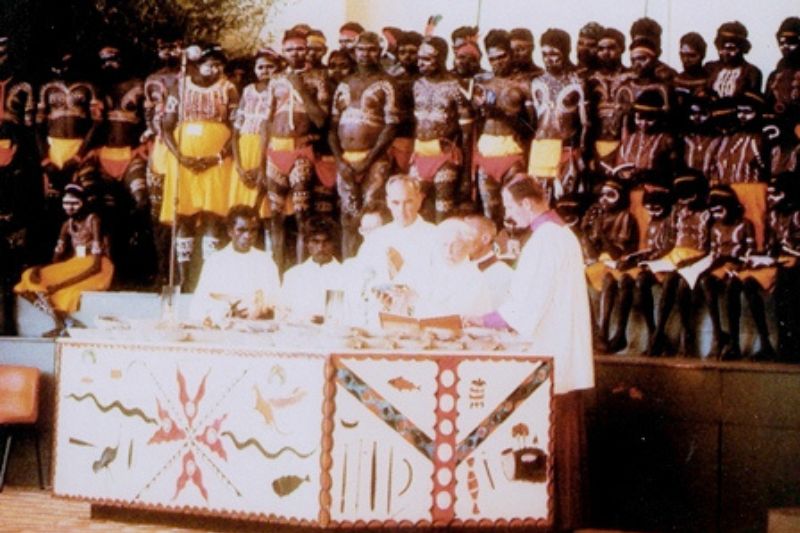
RELIGION
- Brian McCoy
- 11 January 2024
Fifty years ago, the Aboriginal Liturgy was the first attempt by the Catholic Church in Australia to re-shape the Mass, and was the first time we had witnessed and experienced Aboriginal people expressing their Catholic faith in ways that were culturally different from our own.
READ MORE
-
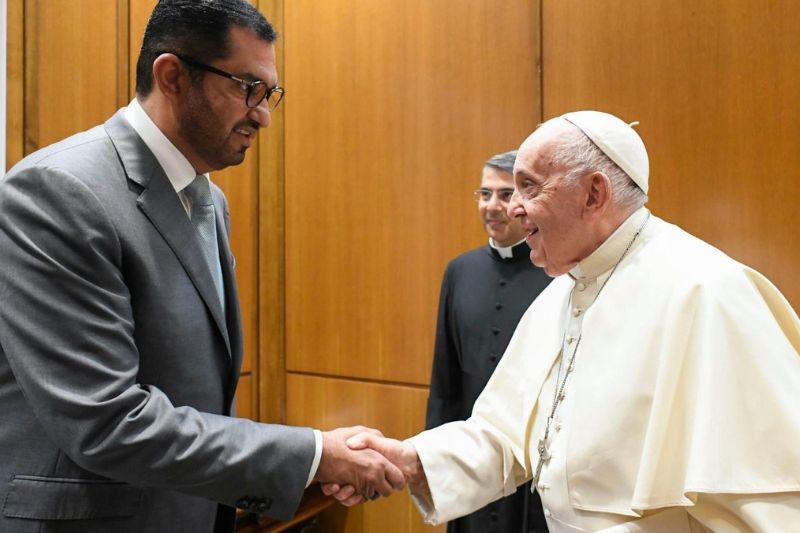
ENVIRONMENT
- Andrew Hamilton
- 12 October 2023
3 Comments
Pope Francis' latest Exhortation 'Laudate Deum,' is an evocative sequel to 'Laudato Si’, juxtaposing the urgency of our environmental predicament with the fragility of human hope. Before the upcoming COP28 conference, as nations teeter between action and inertia, the Pope's message is clear: our shared environment, and the most vulnerable among us, hang in the balance.
READ MORE
-
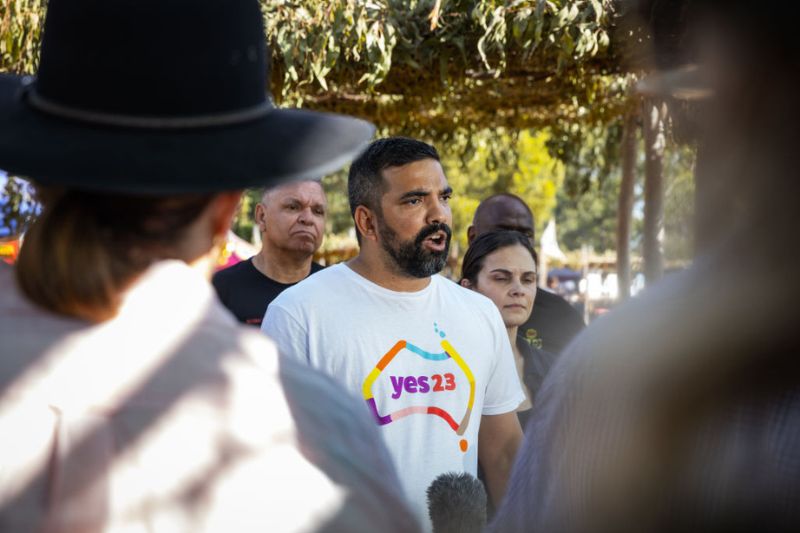
FAITH DOING JUSTICE
- Andrew Hamilton
- 21 August 2023
10 Comments
The Catholic Bishops Justice Statement, timed with an impending Referendum on the Voice to Parliament, scrutinizes the ties between Aboriginal and Torres Strait Islander peoples and other Australians. Crafted alongside the National Aboriginal and Torres Strait Islander Catholic Council, it underscores the urgency of deepened engagement through listening, learning, and love, advocating for Indigenous justice and healing.
READ MORE
-

INFORMATION
Society of Jesus in Victoria–Jesuit Communications Winter Raffle 2022. Raffle drawn on Wednesday 12 July 2023 (VIC Permit No 10186/22). All winners have been notified. Congratulations to the winners and thank you to everyone who supported our Winter raffle.
READ MORE
-

RELIGION
- Jamie Calder
- 21 June 2023
5 Comments
The Royal Commission into Institutional Responses to Child Sexual Abuse made a recommendation for professional supervision within religious and pastoral environments. But can professional supervision repair broken trust, ensure accountability, and promote a more ethical approach to care in the face of past failings?
READ MORE
-

RELIGION
- Michael McVeigh
- 09 June 2023
5 Comments
Known for incisive insights into societal issues like fundamentalism, loneliness, and abuse, theologian and cultural anthropologist Fr Gerald Arbuckle is now examining the rise of conspiracy theories. In conversation with Michael McVeigh, Arbuckle discusses his work, cultural anthropology, and the impact of 'cultural trauma'.
READ MORE 
-
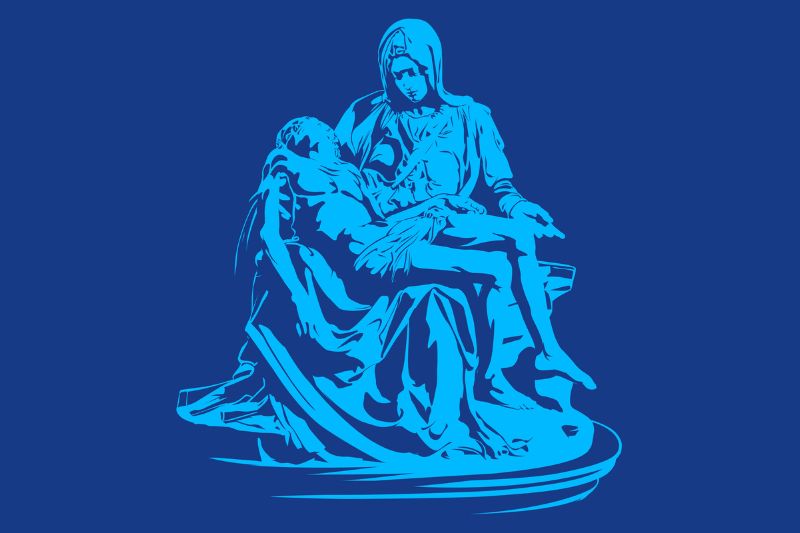
RELIGION
- Andrew Hamilton
- 07 June 2023
2 Comments
In an era where physical gatherings are replaced by virtual meetings and religious processions by online sermons, the Feast of Corpus Christi raises poignant questions. Once a grand demonstration of faith, it has subtly withdrawn from the public eye, leaving us to grapple with the nature of Christ's presence and, more broadly, the concept of human presence.
READ MORE